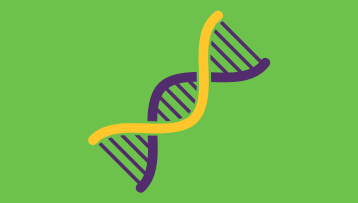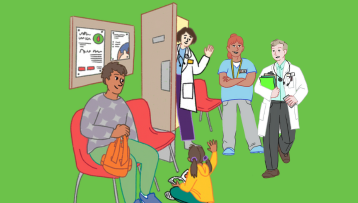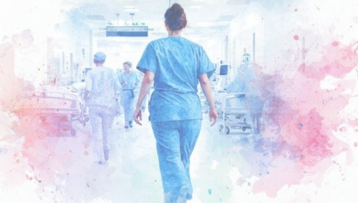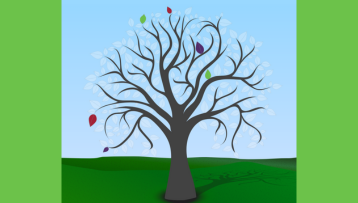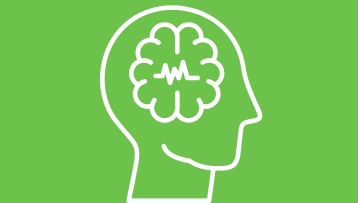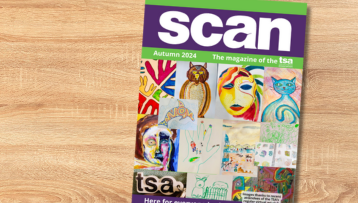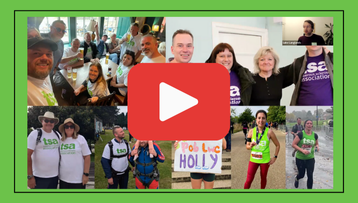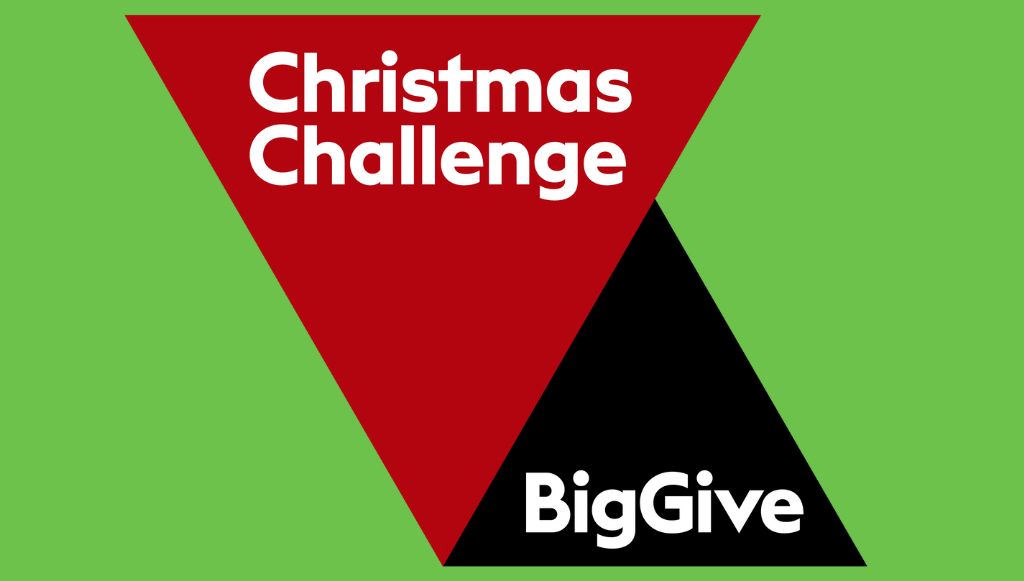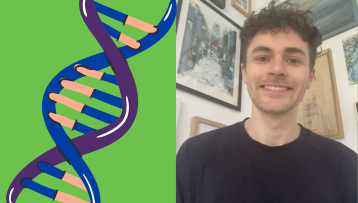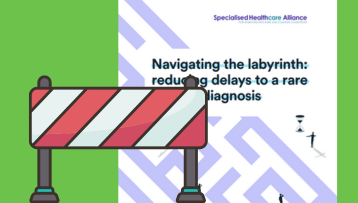The annual International TSC Research Conference is a very important event for the TSC research community, giving TSC researchers and clinicians from around the world the opportunity to share their latest discoveries and plan new collaborations. The TSA was delighted to host this year’s conference, which was held virtually for the first time.
The International TSC Research Conference 2021 (ITSCRC2021) was originally planned to be face-to-face, and we were forced to postpone the meeting. The TSA and international TSC research committee were still determined to drive research forward despite covid-19, and we agreed to host the event virtually through an RCP platform Thursday 17 – Saturday 19 June 2021.
After lots of hard work, the TSA was delighted with how the virtual ITSCRC2021 went. Around 250 TSC professional delegates joined ITSCRC2021 from 22 countries, all whom are dedicating their lives to improving the lives of people affected by TSC. Attendees included:
• Healthcare professionals
• Academics
• Clinical and lab researchers
• Early career researchers (individuals on the start of their TSC research journey)
• Students, including PhD students and post-doctoral students
• TSC-focused organisations, including TS Alliance (USA) and e-TSC (Europe-wide)
As part of the conference, we also received 70 written overviews from attendees of important TSC research that they are undertaking (called ‘research abstracts’). ITSCRC2021 also included 12 keynote speakers and 42 presenters.
The theme of ITSCRC2021 was ‘A Vision for the Future’. This theme focused on exploring how academics, researchers and clinicians from across the globe are ambitiously driving new opportunities in TSC to advance their understanding, deliver innovation in clinical practice, and transform the lives of people living of people living with TSC and their families.
ITSCRC2021 main focus was on all-attendee (‘plenary’) sessions, with presentations from keynote and community speakers. This was formed of research presentations of different lengths, including ‘rapid-fire’ presentations where speakers would need to effectively discuss their research in just a few minutes – ensuring that content was varied and attendees learned as much as possible. The conference also included a virtual exhibition stand of different TSC-focused groups, a networking area for delegates, and two industry-sponsored events for healthcare professionals and prescribers to attend.
ITSCRC2021 talks and presentations focused on seven key areas of TSC across three days. These areas were chosen as they have been identified as the most important to people affected by TSC. This ensured that the research, networking and collaboration achieved through ITSCRC2021 would have as great an impact as possible on those who live with the impact of TSC globally. The areas were:
• Early diagnosis
• Early risk assessment
• Basic science and pre-clinical work
• New and available therapies
• Prevention
• Social research
We were committed to reminding attendees of the importance of TSC research, which is we had a range of community speakers across all three days of the conference. Community members Sanjay Sethi (TSA Chair), Jennifer Flinn, Eva Schoeters and Vicky Whittemore all shared their personal experiences of how TSC has affected them and loved ones, reminding delegates why it matters so much that the medical and research community continue to drive forward improvements in TSC treatment and care. We are very thankful to all community speakers at ITSCRC2021.ITSCRC2021 opened with a welcome message from the Louise Fish, TSA Joint Chief Executive, followed by a special ‘Thank you’ message from the iconic Sir David Suchet CBE, which you can watch on the TSA’s Facebook page. Our first keynote presentation came from Professor Julian Sampson (Clinical Geneticist, Cardiff University), who is known by many as being part of the international team that led to the identification of the TSC2 gene, as well as working as a member of the consortium that identified the TSC1 gene. Professor Sampson’s presentation, TSC Genetics: Past, present and future, looked at how his early research is helping to shape future diagnostics and treatments.
All research focused on TSC is important, but an area of research presented at ITSCRC2021 that is of particular interest to the TSC community is the TANDem Project. Dr Liesbeth de Waele (Paediatric Neurologis, UZ Leuven Belgium) is part of the TANDem project, which is co-funded by the TSA, and provided an update to attendees. TAND stands for ‘TSC-Associated Neuropsychiatric Disorders’, which is an umbrella term for various mental health conditions seen in 90% of TSC patients. TANDem is a mobile health project to reduce the TAND identification and treatment gap.
Another highlight of the event was the final panel session, ‘A vision for the future’. The session was led by Dr Xandra Breakefield (Professor of Neurology, Massachusetts General Hospital) who is investigating gene therapy as a new approach to treating TSC.
An ‘Early Career Researcher’ (ECR) is someone who has received their PhD or equivalent within the last eight years. As part of ITSCRC2021, we wanted to ensure that ECRs had the opportunity to share their exciting work, and could network effectively with the rest of the research community. As part of this, we were pleased to a conference bursary to six ECRs, courtesy of sponsorship from Noema Pharma.
Jessica Martin (King’s College London ECR), was one of the attendees who received the ECR bursary. Jessica presented preliminary findings from the CoIN study, which is exploring the impact of covid-19 on parental mental health in households affected by TSC: “I thoroughly enjoyed hearing from researchers at the forefront of TSC research across multiple domains and sharing our research with an international and diverse audience. I would like to thank all of those involved in our research, especially the families for their dedicated participation.”
Encouraging ECRs to attend conferences like ITSCRC2021 enables these talented researchers to become further inspired in TSC research, and helps to achieve our goal of increasing the number of scientists and clinicians working in TSC research. In particular for ECRs, ITSCRC2021 fostered a culture of working collaboratively, and of sharing research findings and ideas.
By helping to make the research community more productive, we can accelerate the development of urgently needed treatments and cures for TSC.
By bringing together the international TSC research community at ITSCRC2021, the global community was able to share and discuss research advances on how we can clinically manage challenging aspects of TSC, including diagnosis, management and treatment. A major strength of our TSC research community has always been its ability and keenness to come together at an international level, which helps advance our future cures for TSC patients.
We were delighted with the flexibility and openness of attendees to embrace a virtual ITSCRC2021, and the end result. We are already looking forward to the World TSC Research Conference 2022, taking place in Dallas, USA.
Make a one off or regular donation
£10 Can allow us to send a welcome pack to a family who has just received a life-changing TSC diagnosis, ensuring that they do not go through this time alone.
£25 Can help us develop materials that are included in our support services, flagship events or campaigns.
£50 Can provide laboratory equipment for a day’s research into the causes, symptoms, management or treatment of TSC.
To provide help for today and a cure for tomorrow













